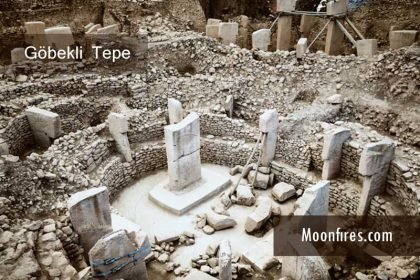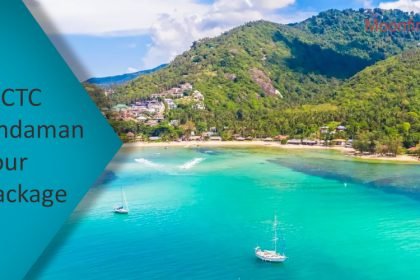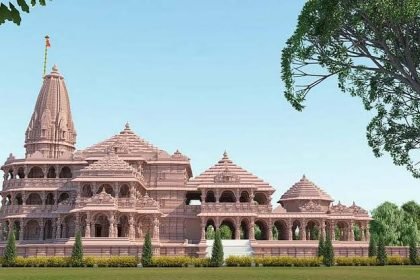Who is Vinayak Damodar Savarkar – Vinayak Damodar Savarkar, commonly known as Veer Savarkar, was a prominent Indian independence activist, poet, writer, and politician. He was born on May 28, 1883, in the village of Bhagur, Maharashtra, British India, and died on February 26, 1966, in Mumbai.
Savarkar played a crucial role in the Indian independence movement against British colonial rule. He was one of the key leaders of the Hindutva ideology, which sought to establish the hegemony of Hindus and the Hindu way of life. Savarkar is often credited with coining the term “Hindutva” and was a strong advocate for the protection and promotion of Hindu culture and values.
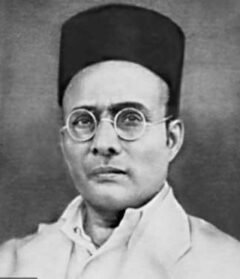
Vinayak Damodar Savarkar, also known as Veer Savarkar, was a multifaceted figure in Indian history, contributing significantly to the country’s struggle for independence and shaping ideological perspectives that continue to influence contemporary discussions. Here’s a detailed breakdown of the key points mentioned:
Here are some key aspects of Veer Savarkar’s life and contributions:
- Early Life and Education:
- Born on May 28, 1883, in Bhagur, Maharashtra, British India, Savarkar hailed from a Brahmin family.
- Received early education in Nashik and later traveled to London to study law at Gray’s Inn.
- Became involved in nationalist activities during his time in London, connecting with the India House, a center for Indian students supporting independence.
- Activism and Imprisonment:
- Actively participated in the Indian independence movement, being a member of the Abhinav Bharat Society.
- Arrested in London in 1909 on charges of plotting an armed revolt against the British government.
- Sentenced to two life terms of imprisonment totaling fifty years and incarcerated in the Cellular Jail in Andaman and Nicobar Islands.
- Literary Contributions:
- Contributed significantly to Indian literature with works such as “The First War of Indian Independence,” “Hindutva: Who is a Hindu?,” and his autobiography, “My Transportation for Life.”
- Hindutva and Social Reforms:
- Played a key role in shaping the Hindutva ideology, emphasizing the hegemony of Hindus and the Hindu way of life.
- Advocated for the protection and promotion of Hindu culture and values.
- Focused on uniting Hindus, creating a national identity based on cultural and historical aspects of Hinduism.
- Supported social reforms within Hinduism, including the abolition of the caste system.
- Post-Independence Political Career:
- After India gained independence in 1947, Savarkar continued his political involvement.
- Founded the Hindu Mahasabha and served as its president.
- Strongly supported the idea of Akhand Bharat (Undivided India) and opposed the partition of India.
- Controversies and Criticisms:
- While revered by many for his contributions, Savarkar faced controversy.
- Critics pointed to divisive views on social issues, particularly his stance on the caste system.
- His perceived support for the assassination of Mahatma Gandhi drew significant criticism.
- Legacy:
- Veer Savarkar’s legacy remains a topic of debate in contemporary India.
- Some view him as a national hero for his contributions to the independence movement and the development of Hindutva ideology.
- Others critique certain aspects of his ideology and political positions, contributing to ongoing discussions about his impact on Indian history.
FAQ :
1. Why vinayak Damodar Savarkar is famous in history?
Savarkar developed the Hindu nationalist political ideology of Hindutva while imprisoned at Ratnagiri in 1922. He was a leading figure in the Hindu Mahasabha. He started using the honorific prefix Veer (“brave”) since he wrote his autobiography.
2. What happened to Veer Savarkar?
3. When and where was Vinayak Damodar Savarkar died?
4. What was Savarkar’s famous quote?
5. Who gave Veer title to Savarkar?



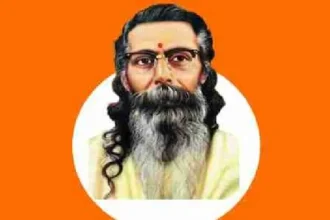
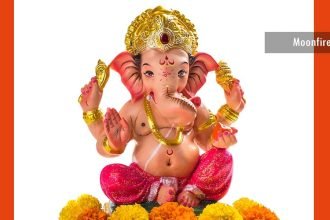
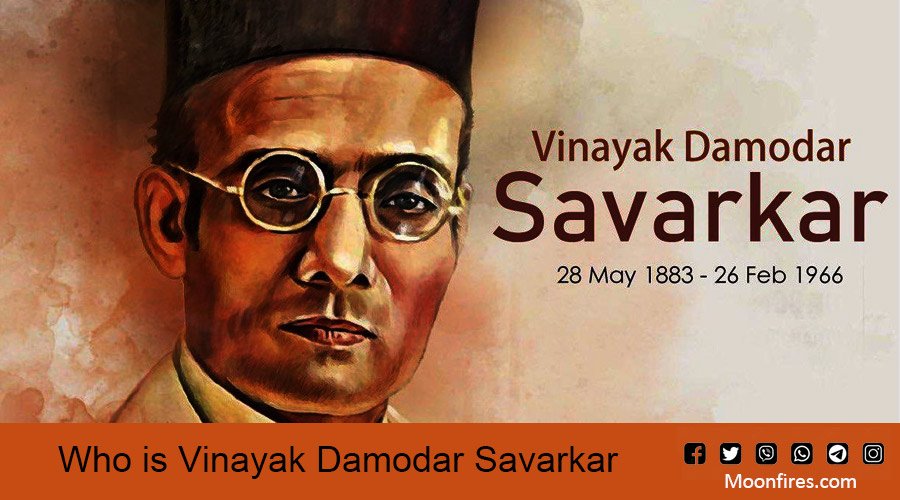
 If you want to use your preferred UPI app, our UPI ID is raj0nly@UPI (you can also scan the QR Code below to make a payment to this ID.
If you want to use your preferred UPI app, our UPI ID is raj0nly@UPI (you can also scan the QR Code below to make a payment to this ID.
